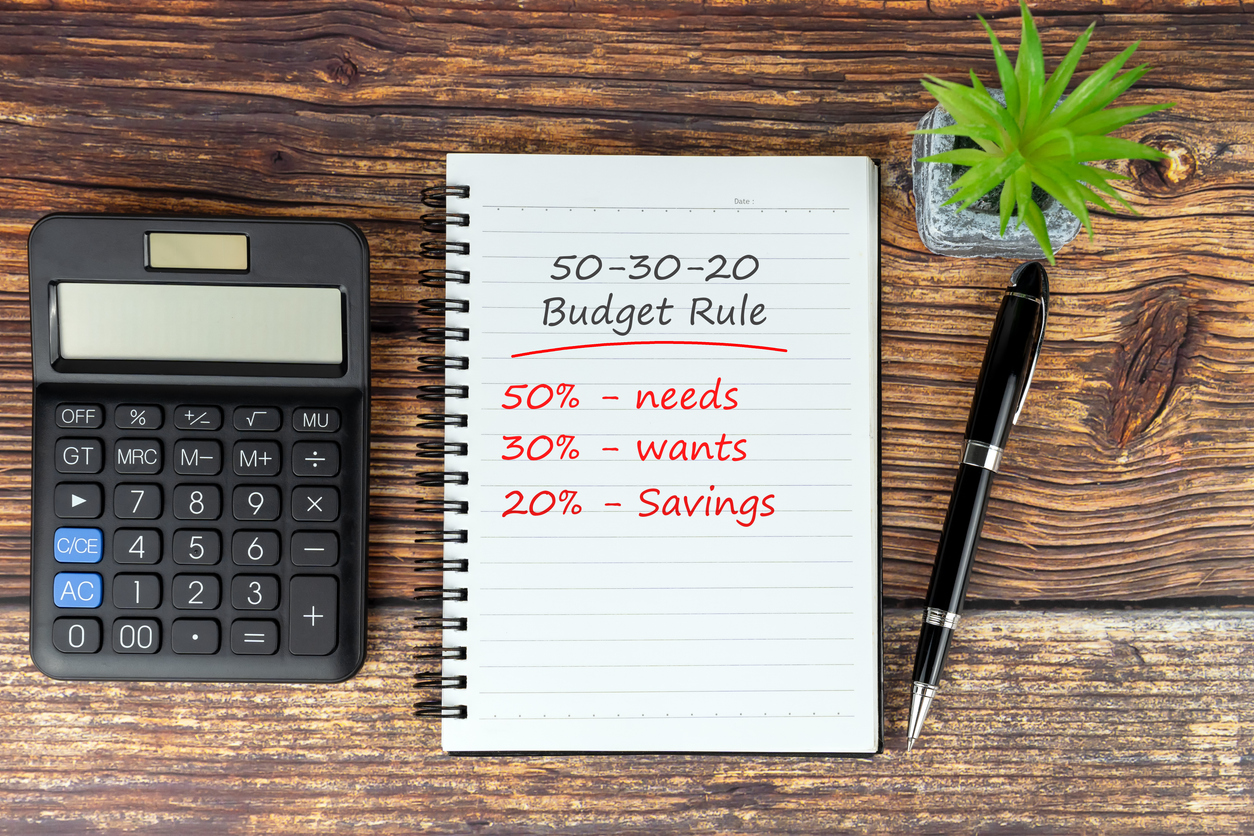Bizarrely, People Don’t Believe You Can Be Single And Happy!
Single Life | 26th November 2021 by Bella DePaulo
It feels outdated in this day and age but it appears people still don’t believe you can be happy living a single life. Bella DePaulo shares some interesting findings suggesting the idea that coupledom only brings happiness continues to persist.

I like to write about people who are single at heart — people who love their single lives and who feel that single is who they really are. I recognise, though, that there are plenty of single people who really do want to be coupled. I write less about them because they already get lots of attention. In fact, the prevailing myth is that, deep down inside, all singles are exactly like them. If singles say they love their single lives, the myth insists they are just kidding themselves.
I was asked an interesting question recently: In your everyday life, is it harder to be single at heart or single and wanting to be coupled? The most obvious answer seems to be that singles who are pining for a partner are having a harder time — after all, they do not have what they want, whereas singles who are single at heart are living life on their own preferred terms.
In many ways, that probably is the correct answer. There is, though, something particularly challenging about being single at heart. Research shows that other people tend to discount single people’s claims to happiness and that they actually feel anger toward single people who choose to be single.
When single people say they are happy, other people don’t believe them
I conducted the happiness research with my colleague Wendy Morris. We created many different profiles of people. The profiles included information such as the person’s age, sex, hometown, current residence, hobbies, and whether the person has children. For each profile, we created two versions that were identical except that in one, the person was described as single and in the other, the person was described as married.
Participants in the study read the profiles (each participant would see only one version of each profile, either the single or the married version) and answered various questions about their impressions of the person they were reading about. For example, they were asked, “How genuinely happy do you think this person is?” and “How happy do you think this person would claim to be?”
When the person in the profile was described as single, that person was consistently judged to be less happy than when the person was described as married. Remember that every detail in the profile was identical except for marital status.
Perhaps even more interestingly, participants thought that the single people’s reports of their own happiness were likely to be more exaggerated than the married people’s reports. If, for example, a single person reported a happiness level of 7.2 on a 9-point scale (with higher numbers indicating greater happiness), the participants guessed that the single person’s actual happiness was just 5.9. They thought married people exaggerated their happiness a bit, too, but not as much as single people.
At first, we thought they might be assuming that single people don’t have anyone in their lives, so we did another study in which we created new profiles of single people, making it clear that they had a circle of long-time friends, were close to their siblings and friendly with their neighbours. It didn’t matter. Our participant groups still overwhelmingly thought the single people weren’t as happy as the married people, and that when single people said they were happy, they were exaggerating.
We tried again. Maybe they thought single people were selfish, so we did another version of the study that specified that the single people they were judging were remarkably altruistic. That didn’t matter, either. It also didn’t help to describe the single people as having great career accomplishments or impressive material success.
How we created the four variations of the study
Here are examples of the information we added to the profiles for the four variations of our study. (These examples use the names of men, but just as many profiles featured the names of women.) Again, pairs of profiles were created, so that the single person and the married person were described as identical in every way, except for their marital status.
Wonderful interpersonal ties:
Alan has a circle of friends who have known each other for years and care a lot about each other. They keep up with each other’s lives and get together when they can. Alan is also close to his siblings and has warm and friendly relationships with his neighbours.
Remarkably altruistic:
Sometimes people are described as having “a heart of gold.” Derek is one of those people. He volunteers as much time as he can at soup kitchens. He contributes more to charities than do most people in his income bracket. Even people who are not that close to him know that they can go to him if they are ever in need.
Great career accomplishments:
Joe has been very successful in his career. He landed a job at a high-powered firm at a very young age, and quickly got promoted. He is highly respected by his colleagues.
Impressive material success:
Ray has a luxurious home and drives a new BMW. He also enjoys dining at elegant restaurants.
No matter what we tried, people still thought that single people were exaggerating their happiness more than married people were.
People Get Mad at Singles Who Choose to Be Single
In a study with Israeli participants, reported by Gal Slonim and his colleagues, brief biographical sketches were created. Again, pairs of sketches were identical except that in one, the person was described as single, and in the other, as coupled.
The authors added one more interesting twist: Half of the singles were described as having chosen to be single, whereas the other half were described as wanting to have a long-term coupled relationship.
The participants who rated the various biographical sketches were consistent in their reactions. They were much harsher toward the singles who chose to be single than those who wanted a romantic partner. They expressed more anger toward those who were single by choice. They rated them as lonelier, more miserable, less warm, and less sociable than the singles who wanted to be partnered. Wendy Morris and Brittany Osburn documented similar perceptions among adults in the U.S.
Why the hostility toward people who choose to be single? The authors did not test explanations, but they speculate that singles who like their single lives are challenging social norms. They are busting the myths that other people are invested in — for example, the myth that what single people want more than anything else is to become unsingle, and that you can only be truly happy if you are coupled.
Singles who say they want to escape single life are easier to understand. They do not threaten the dominant ways of thinking about things. They keep prevailing value systems intact. For that, they are rewarded with kinder and more sympathetic reactions from other people.
This article was first published here.
Share this post:
Hear from Solo Living now and then by signing up to our mailing list




















